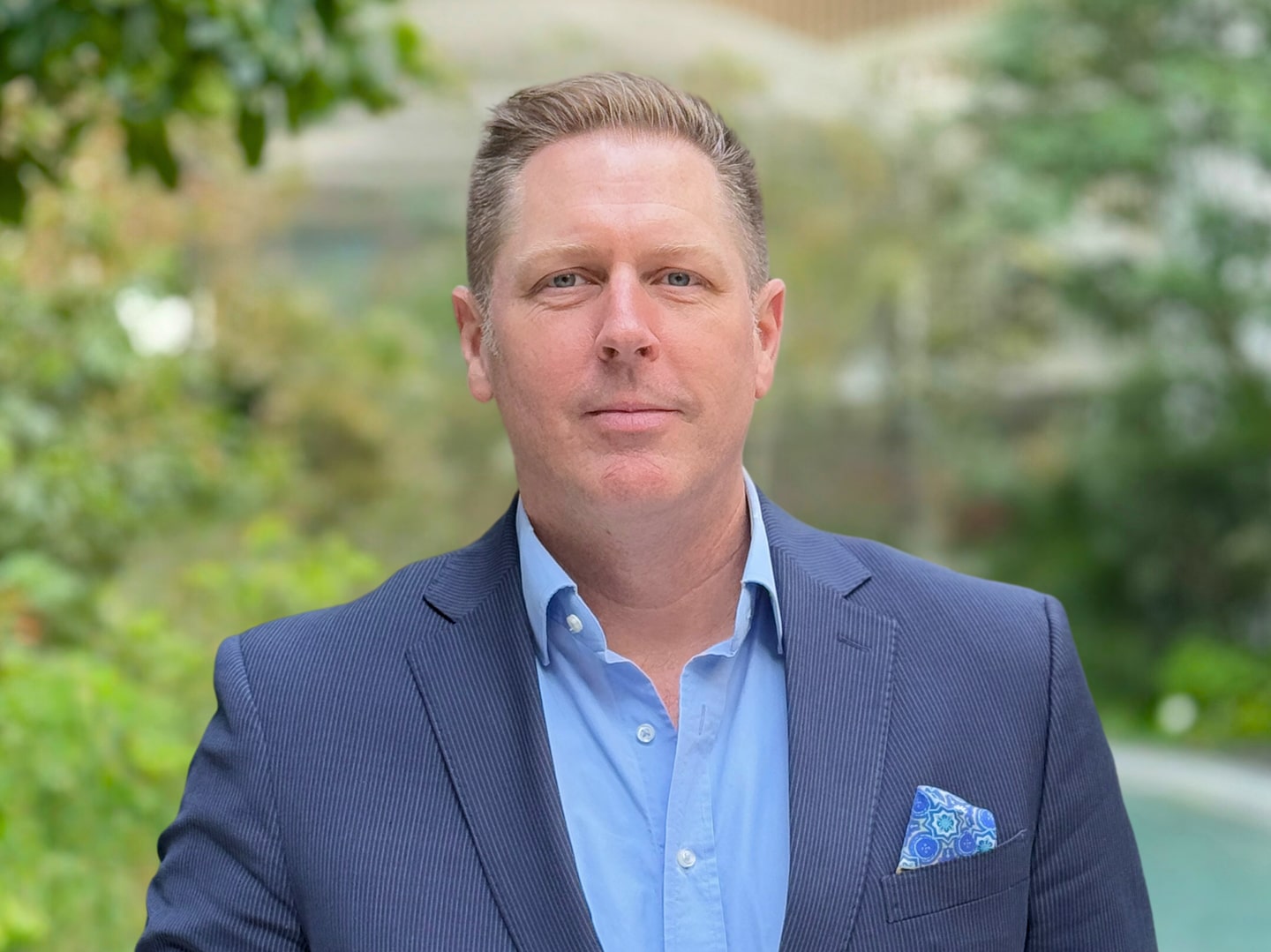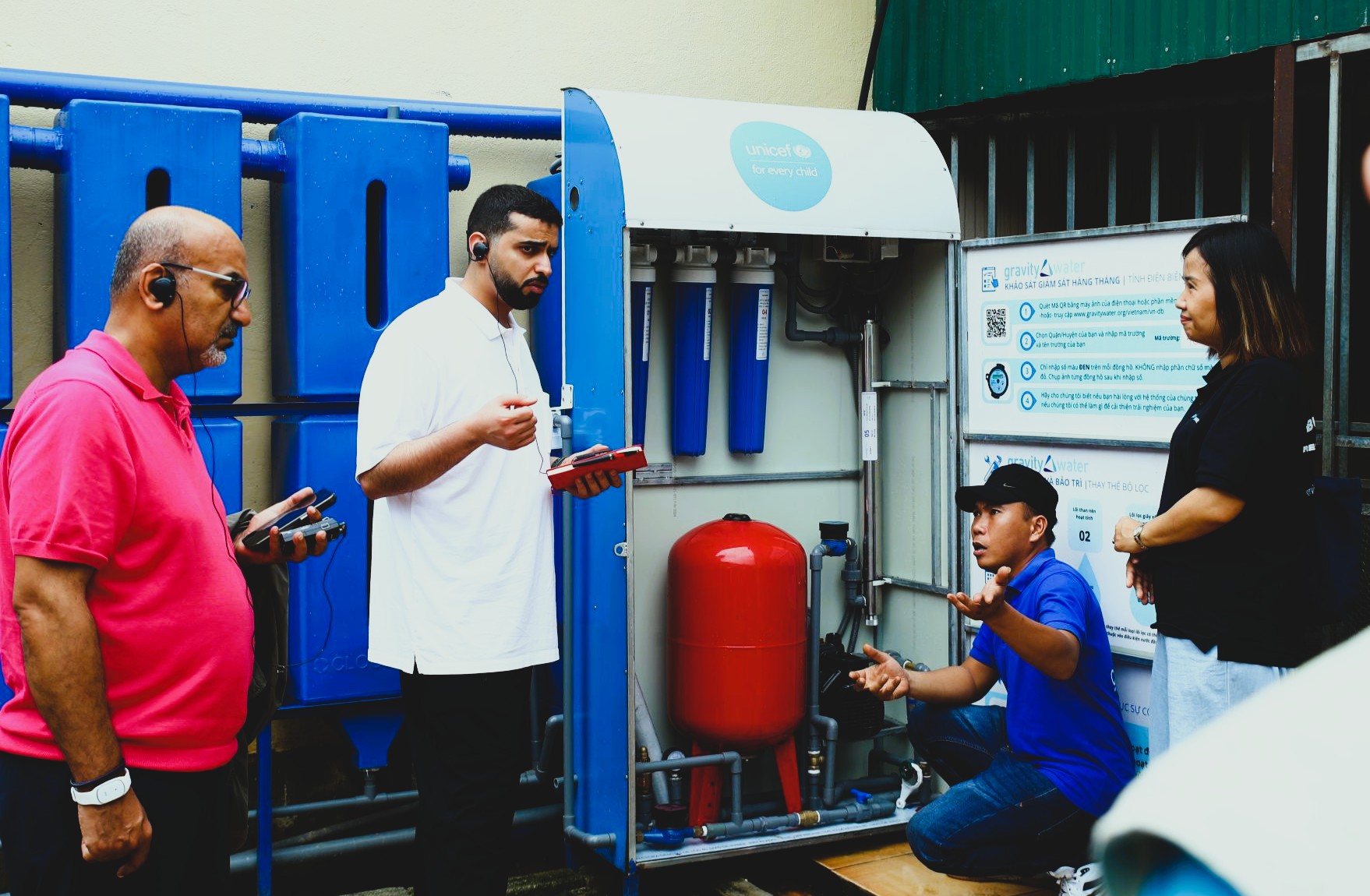Companies should invest in leadership development, and it is not just a matter of course.
Organisations with robust leadership training programmes are x12 more likely to have strong business results. Other studies show an average return of $7 for every $1 invested in training.
Despite the statistical evidence, buyers must be clear on objectives:
- How will programmes practically benefit their leaders?
- What transformations are expected of them and their teams?
Too often this is left to chance. Rarely is it measured with any detail or rigour.
Sending top talents to brand name business schools has become a default option, even a tick-the-box exercise. It’s a “safe” option. After all, who dares to criticise INSEAD or Harvard?
Senior management and HR have an obligation to be critical of providers. Without scrutiny, the best-case outcome is siloed and uncoordinated application of learning. Worst case means reinforcing outdated ideas and perpetuation of business as usual – or even business in decline.
We believe most traditional providers of leadership training, including business schools, are dangerously out of step with the world. One could argue the mediocre results are validated by today’s mediocre quality of leadership and crisis in leadership credibility in many large companies. Moreover, the risk rises when interventions to address the growing trend of leadership exhaustion are insufficient.
Here is our view on what leaders should be learning, and if you are investing – how you can think about measuring your return on investment (ROI).
Strategic Global Acumen: Requires breaking from Western business orthodoxy
Leaders should return from a programme equipped to critically examine macro trends and the impacts on their business.
- What are the drivers behind geopolitical fault lines and where are we headed?
- Where does humanity stand in relation to breaching planetary boundaries as defined by the world’s best scientists?
- What are the risks to societal resilience and industry?
- How should we manage technology to prioritise human interest?
These questions are not separate from business decision-making. Yet, Western business schools persistently fail to ask them.
Their priority is keeping participants happy rather than challenging assumptions by asking uncomfortable questions. Offering conventional sustainability courses as an add-on is old fashioned. Leaders need to be equipped to rethink business models; their role is to inspire teams to get intellectually engaged and challenge long-held assumptions.
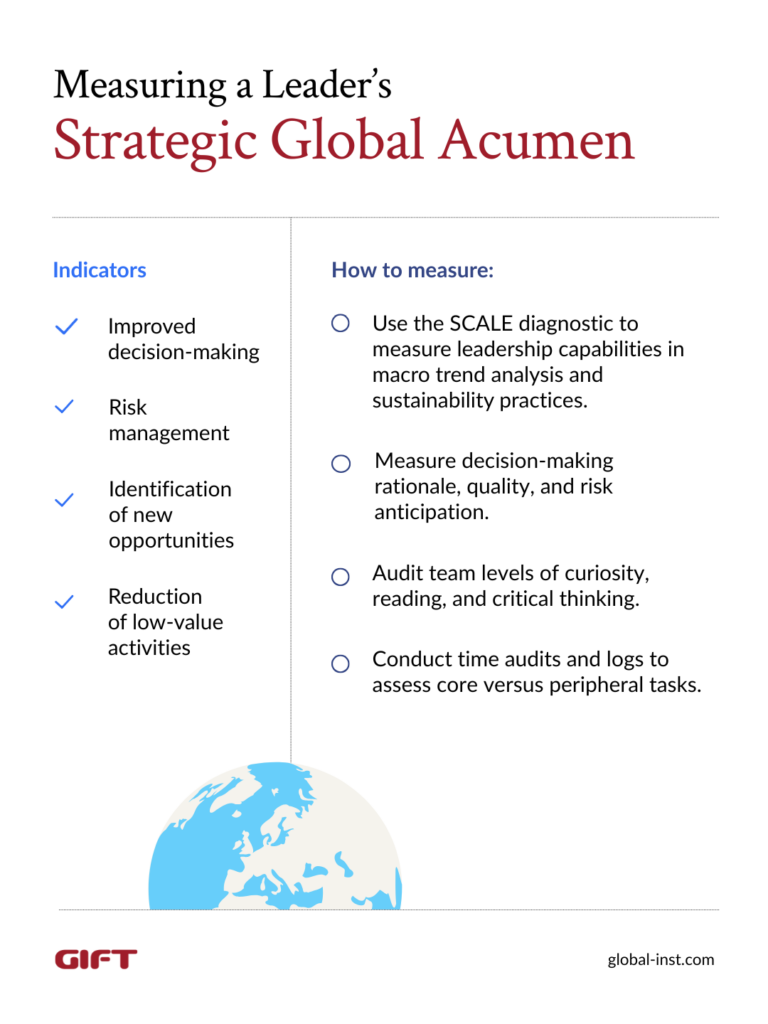
Cross-cultural Competence: From performative diversity to effective collaboration
For global teams, “lost in translation” is a silent killer. Leaders returning from a programme should be willing to address it head-on. They must be motivated to become more self-aware and empathetic, while continually improving team communication skills to reduce redundancies and boost cross-regional team morale.
Business school programmes trumpet diversity and global networking, but those are a baseline. Leaders need a nuanced understanding of cultures and practices, which come through hands-on work in unfamiliar markets that test capabilities in practice.
Case studies and derivative theories are no longer sufficient, especially if the underlying framework is ideologically biased.
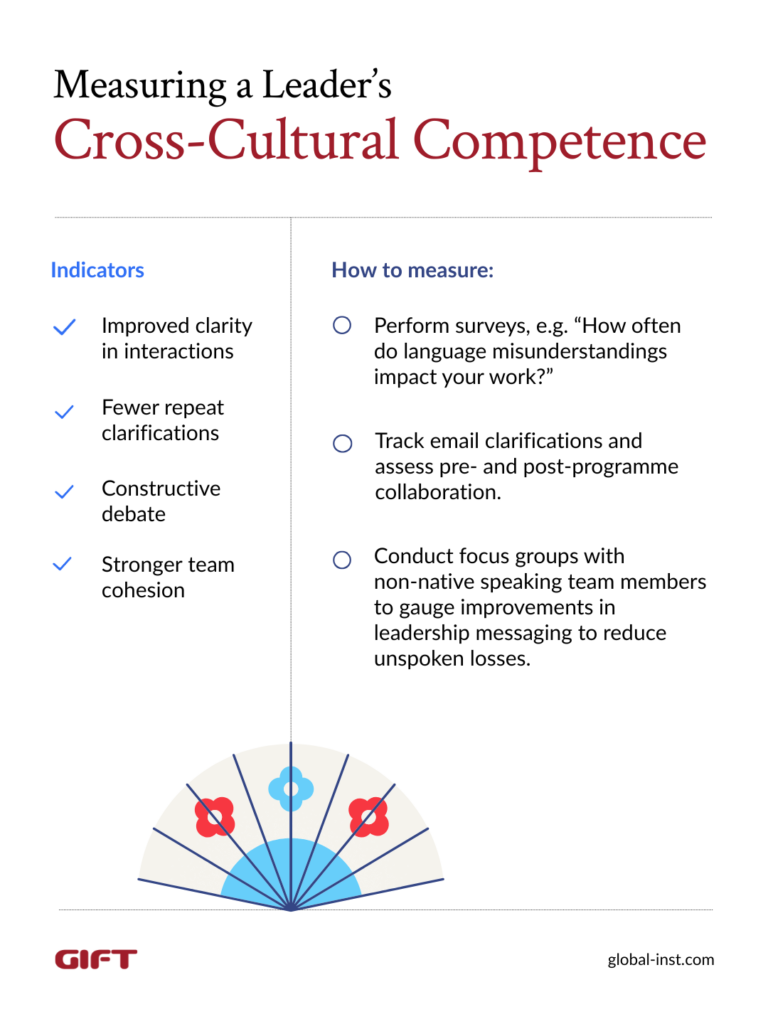
Purpose-driven Ownership Mindset: Redefining team and organisational ambition
The “Ownership Mindset” is the holy grail for leadership. It’s when an individual views any problem in the organisation as their problem and is willing to help solve it.
Ownership comes through clarifying a personal sense of purpose, aligning it with organisational purpose, and enabling their team to follow suit. Leaders need to be able to motivate teams for engagement, retention, and performance. Unleashing ideas from all staff through inspiring curiosity, boldness, and inclusivity should be the benchmark.
Personal resilience is key and comes from purposeful engagement. Leaders are now expected to guide teams through hybrid work, accelerated tech adoption and crisis-driven uncertainties.
Programmes must prepare them effectively. If they are not diving deep into purpose, but remaining focused on maximising financial metrics, then something is wrong.
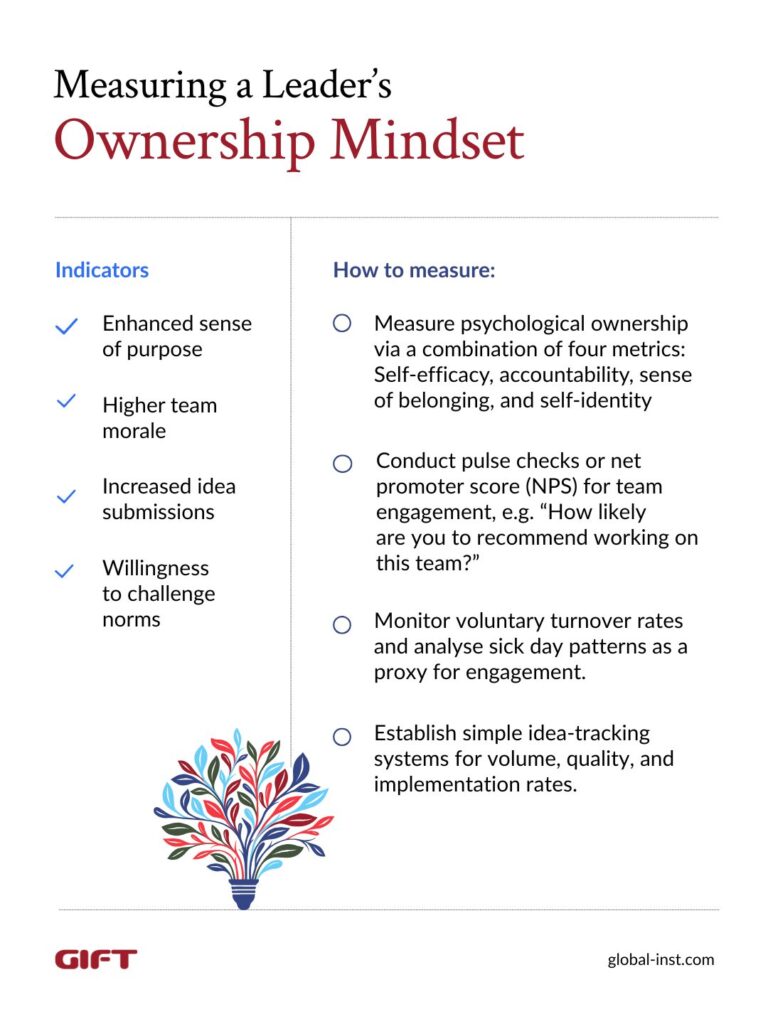
Sustained Mindset and Behaviour Change: Outcome-driven intensity
Our team has designed and facilitated programmes of all durations and formats: in classrooms, field projects, virtual facilitation, and self-directed digital coursework. In our experience, long, protracted programmes cause momentum to drop precipitously between sessions, while tracking of programme efficacy becomes difficult.
Intensive, condensed, multi-sensory experiences are more effective at transforming leaders’ mindsets and behaviours, even if they tell you they are too busy and need flexibility. Our programmes have consistently formed a “core memory” for our alumni.
We urge clients to move from curated “dialogues” to actual doing. Get out of classrooms and onto the ground in markets shaping the future. “Experience” has become a buzzword of many programmes, but it needs to be clearly defined. So-called “immersive workshops” fail to change mindsets as they establish artificial barriers and are more akin to a tour than practical skills training.
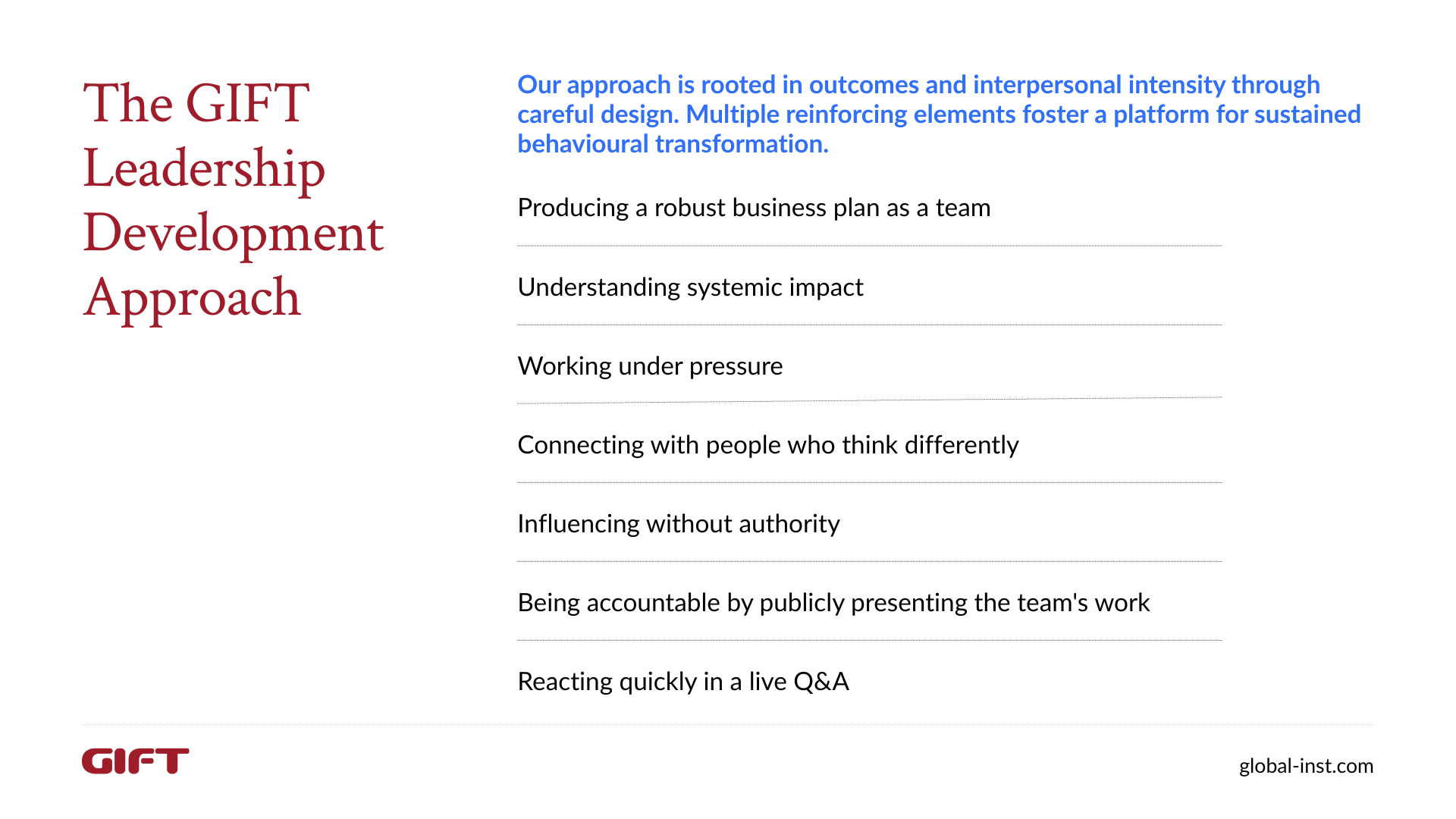
Our facilitators provide guided reflection and coaching in real time. Personal evaluation reports and development plans follow based on observations. To foster multi-modal agility, our solutions integrate AI-enabled digital coursework for hybrid learning integrated with a proprietary platform (GIFT Hub).
You won’t find any of this at the brand business schools.
Real transformation is the return that companies critically need…
On the way, you can measure in dollars
Imagine the business transformation and opportunities that result from unleashing hundreds of new latent ideas. Imagine time and money saved by reducing frustrating redundancies and misalignment.
The proven GIFT methodology maps known leadership challenges to the leadership development programme’s design and outcomes.
- You need innovative leaders? We test and coach them on conceptual thinking.
- You want leaders to manage uncertainty? We put them to work solving problems in the absence of complete information.
- Your organisation needs effective cross-cultural collaboration? We challenge them to deliver robust outputs amongst cultural and functional diversity.
We can help you connect these to specific, measurable outcomes. The returns will be obvious – reduced ineffective communication, decreased turnover, and increased opportunities from engaged employees.
GIFT is your partner in learning. Internationally recognised for over 19 years, our flagship Global Leaders Programme (GLP) transforms your top talents, making them more strategic, resilient, purpose-driven, and tuned to Asia’s opportunities.
We recommend that you:
- Rethink your programme selection.
- Avoid the default option of brand recognition and opt for thoughtful design.
- Test out the GIFT methodology in November.
- Follow up and measure your return on investment.
Ultimately, investing in leadership development is akin to investing in a high-yield savings account. While it comes with an initial outlay, the continuous compounding of improved performance, retention, and strategic alignment generates far greater returns over time. Insurance in sustained organisational health and profitability is just a GLP away.
Eric Stryson is Managing Director of the Global Institute For Tomorrow (GIFT) in Hong Kong. He possesses expertise in governance, business model innovation, leadership transformation, talent development, and sustainability. He coaches leaders from business, government, and civil society to critically examine their roles, look beyond conventional wisdom, deepen their understanding of global issues, and take ownership of their impact on their organisations and society at large.



